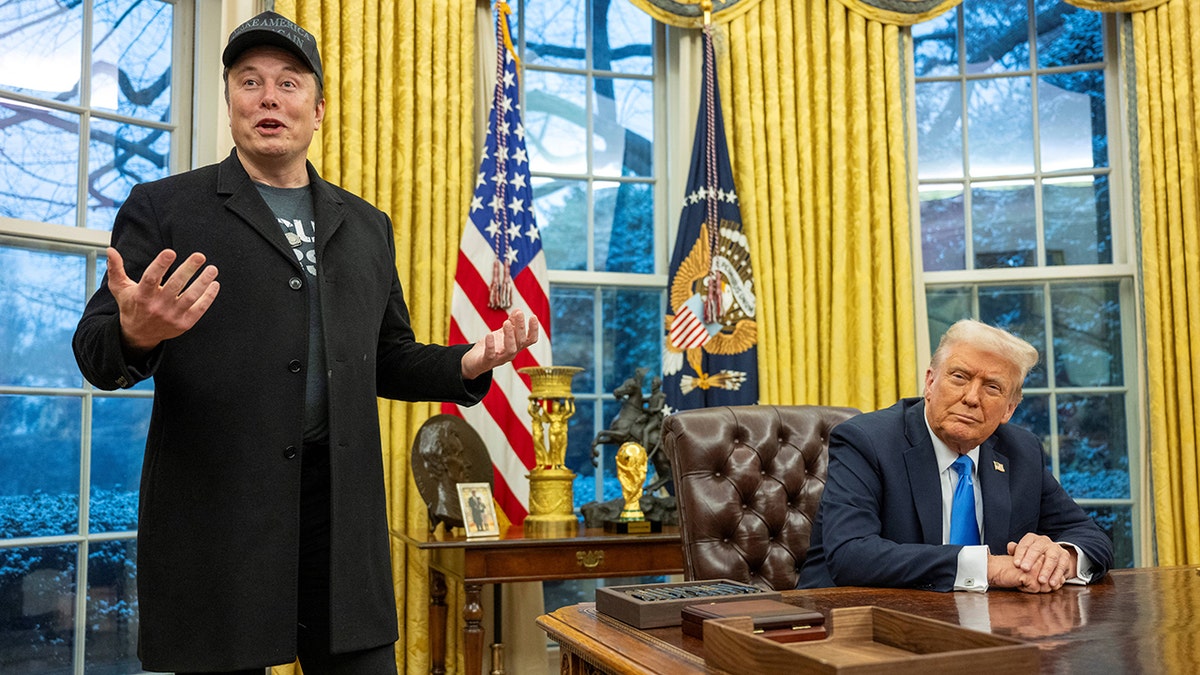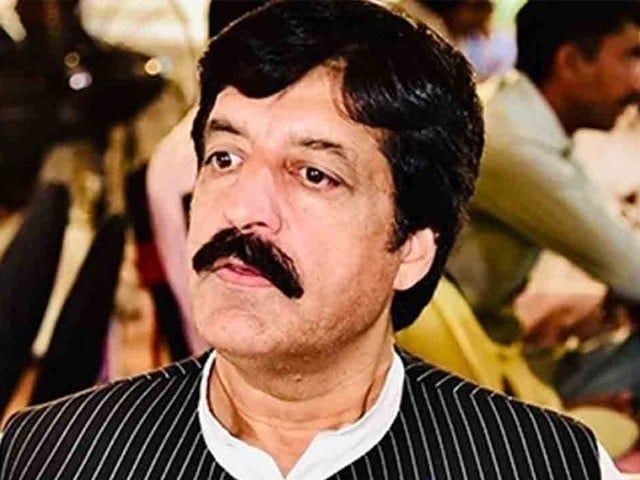Concerned about the implications of facial recognition technology? Russia's increasing reliance on this surveillance tool offers a stark warning for the United States. Since 2017, Russian President Vladimir Putin has been developing a sophisticated facial recognition system, raising alarms about potential abuses of power and the erosion of privacy.

Russia's system is reportedly partially powered by technology from US companies like Intel and Nvidia, although there's no evidence of wrongdoing or awareness on their part. This highlights the complex global supply chain of technology and the difficulty of controlling its ultimate use.

One of the most concerning aspects is the mandatory use of facial recognition in Moscow's metro system. Passengers are required to scan their faces to access the network, effectively creating a vast database of movements and identities. This data has been used to track and detain protestors, raising serious questions about freedom of assembly and expression.

Human rights organizations like OVD-Info have documented thousands of detentions linked to protests, often involving aggressive tactics by police. These actions underscore the potential for facial recognition technology to be used as a tool of oppression.
The situation in Russia serves as a cautionary tale. As facial recognition technology becomes more prevalent, it's crucial to consider the potential consequences for privacy and civil liberties. The US must carefully evaluate the ethical implications and implement safeguards to prevent similar abuses from occurring domestically.








